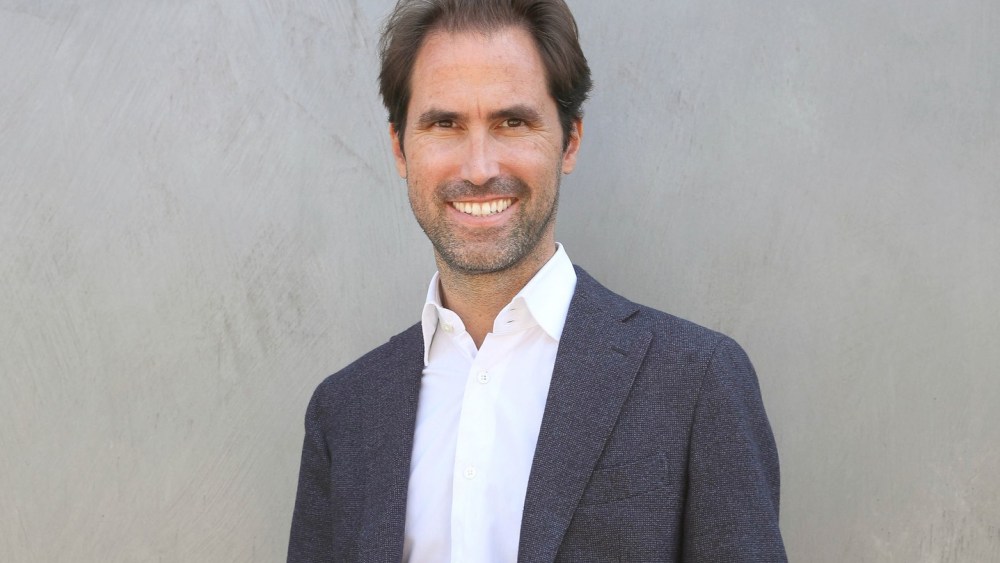PARIS — The Aura Blockchain consortium has crossed the 50 million mark, reaching a significant milestone with so many luxury products now registered with the technology.
The Switzerland-based group now has 50 members, from the five founding members in 2022, including Diesel parent company LVMH Moët Hennessy Louis Vuitton, OTB Group, Prada Group, Richemont’s Cartier and Mercedes-Benz.
The 50 million figure comes just three months after the consortium registered 40 million products on its private blockchain.
“This shows a great acceleration in the adoption of brands, but also in the implementation and preparation of the information that will appear on the (digital product passports),” said Romain Carrere, CEO of Aura Blockchain Consortium.
Digital product passports, or DPPs, link a physical product to a digital record that can contain product and sourcing information throughout the supply chain for in-depth traceability analysis. They are one of the requirements of the European Union’s upcoming regulation on the ecodesign of sustainable products, which will begin to be implemented next year for clothing and textiles.
Brands are quickly adapting to new technology, which makes it possible to trace a product until its resale and repair, as well as to authenticate and combat counterfeiting.
“If we look at groups like OTB, they announced that starting with their fall collection, they would put all their products on the blockchain,” Carrere said.
Other brands will also add a certificate of authenticity for their clothing and accessories, including Jil Sander, Maison Margiela and Marni with their fall 2024 collections equipped with this technology.
“It shows that we are growing and working with many other brands that we have not yet announced,” he added.
Blockchain can include both upstream information, i.e. on production and supply, and downstream information, i.e. loyalty or insurance programs linked to an object, as well as repair and resale.
Carrere stressed that because the consortium was founded by brands and has a non-profit status, it is built to meet their needs and can accommodate a variety of brands, from jewelry and luxury to automobiles.
“One of our strengths is that because we were built by brands for brands, we have the information that they share, the information about what they need, so we are able to build the technology that meets their needs.”

Franck Le Moal of LVMH; Lorenzo Bertelli of the Prada group; Angela Au-Yeung of Cartier; Romain Carrere of Aura; Carolin Strauss of Mercedes-Benz, chief strategy officer at Mercedes-Benz, and Stefano Rosso of the OTB group.
Liese Barbeau Cochet
The technology standards created by Aura Blockchain establish a framework and technology standard that will help brands adapt to the needs of DPP.
The blockchain’s private and closed network will also help address luxury brands’ privacy concerns. The consortium’s technology can be used by multiple brands, but is not proprietary to any one brand. Its technology will help member brands prepare for the European Union’s sustainability requirements.
“It was a real need from luxury brands, that we really focus on the longevity of product data, and also the fact that we are independent and can never be acquired,” he added.
Carrere added that Aura is expanding its Geneva-based team to accommodate additional brands joining the consortium as more of them prepare for the DPP rollout in Europe.




